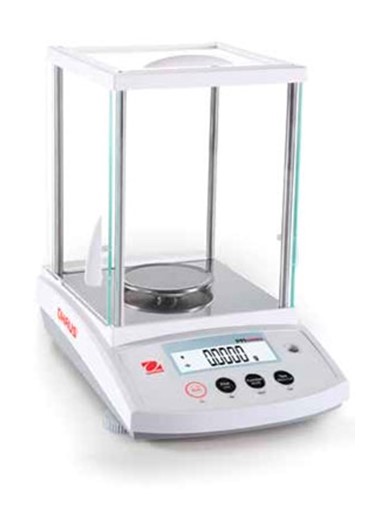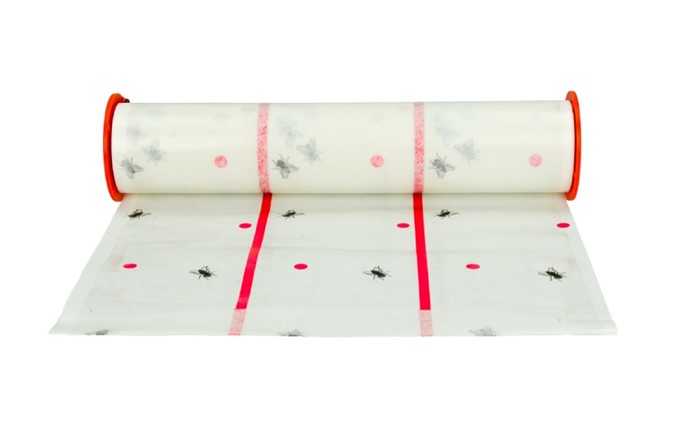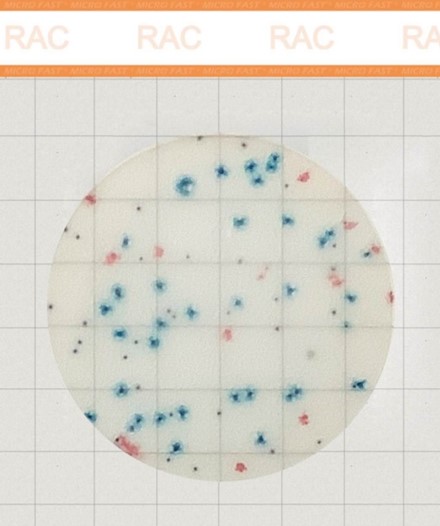“Need for support”: the number of newspaper NTOs could be reduced by a third
Perm owners of newspaper NTOs will apply to the city administration with a request to extend permission to locate previously established outlets for a year or two. They reported this in an interview with RBC Perm. If this is not done, then next year the number of such kiosks will be reduced by a third, businessmen say.
Now the owners of printed NTOs are in a difficult situation. On municipal lands, the city authorities cannot place the number of retail kiosks required by the standard, and multiple administrative obstacles are created on the adjacent territories, businessmen say. For example, the requirements for a unified appearance of the kiosk and the design of the so-called improvement passport. The latter document is not required for the installation of an NTO on private property, but once the facility is available, it becomes mandatory for the correct conduct of business. Therefore, entrepreneurs are asking for help from the city authorities.
“Perhaps, in the near future, the vector of attitudes of municipal authorities to the problems of non-stationary trade will change for the better. The need to support and develop a network of non-stationary retail facilities was unambiguously pointed out by the federal authorities as a measure of economic protection of the population,” said Dmitry Oksyuta, DIRECTOR of the Efir newspaper.
For example, the city administration promised that this year there would be no fines for non-compliance of newsstands with standard requirements for their appearance. Over the last three months of last year, about 700 decisions on such administrative fines were issued, which, of course, did not add comfort to small trading businesses in Perm, entrepreneurs report.
According to the owners of Perm print NTOs, there is simply no more effective distribution for paid newspapers than such outlets. More than 90% of paid newspapers reach the reader through such newsstands. If there are not enough NTOs of this kind, then most of the printed publications will simply close. Although the Permians themselves are not very worried about the closure of printed publications. But according to businessmen, if such a trading niche closes, then everyone will feel it at once.
The huge role of traditional media is also noted in the Union of Journalists. At the initiative of the organization, a number of proposals were sent to the Perm Chamber of Commerce and Industry to support the printing industry both at the regional and federal levels. Support measures relate to the inclusion of the relevant OKVEDs in the list of preferential ones, as it was in 2020. In addition, the initiatives of the union of journalists provide for price adjustments for paper, printing, easing taxes and duties for publishing companies, and facilitating the distribution of printed materials.
“The importance of the traditional media of newspapers, television, radio in the new current conditions is increasing dramatically, we see how social networks are “shut down”, foreign messengers may close in the near future. Therefore, ways to inform citizens about what is happening in the country and the world are extremely important. I believe that there is an understanding of this at the regional and federal levels,” said Igor Lobanov, chairman of the regional union of journalists.
Now the administration of Perm, in support of the NTO, is planning to grant the right to change or expand the trade profile at the sites. It is assumed that it will be possible to sell both food and non-food products. In addition, the public council at the Perm OFAS discussed the problems of regulating non-stationary trade in the city. The agency proposes a temporary moratorium on bringing objects into a single appearance or a postponement of this, as well as simplifying the procedure for auctions for the placement of NTOs. The proposal was sent to the regional Ministry of Industry and Trade and the Department of Economics and Industrial Policy of the Perm Administration.



























































